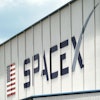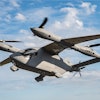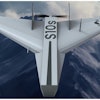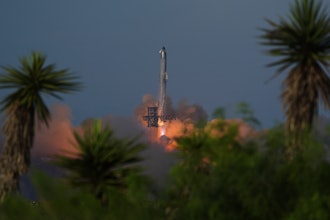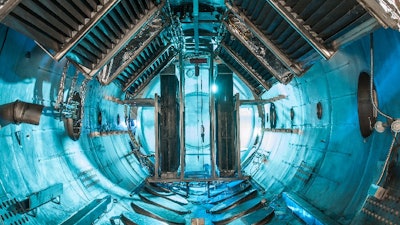
NASA has announced the winners of two challenges to create new concepts for construction and human habitation on future space exploration missions, including the agency’s journey to Mars.
The Space Suit Textile Testing and In-Situ Materials Challenges, managed for NASA by NineSigma, launched in October 2015 under the umbrella of the NASA Tournament Lab, yielded innovative concepts for spacesuit testing and in-situ building materials use for habitat construction.
“These two challenges offered the opportunity to think about two basic needs of exploration – protective suits and building materials – in a new way,” said Steve Rader, deputy manager of NASA’s Center of Excellence for Collaborative Innovation (CoECI). “Our journey to Mars will require innovations in design and technology; opening our process up to the public gives us more creative paths to follow.”
The Space Suit Textile Testing Challenge offered three prizes of $5,000 for winning ideas on how to test the outer protective layer of spacesuit material for performance in different kinds of planetary environments, such as like Mars or large asteroids.
Winners for the Space Suit Textile Testing Challenge are:
- Evaluating Space Suit Textile Abrasion in Planetary Environments -- Ahilan Anantha Krishnan
- Cylindrical Abrasion Method -- Himel Barua, Thomas L. Collins, Riniah Foor, Evan Hess, Joey Stavale, Christopher Daniels, Heather Oravec, Janice Mather and M.J. Braun
- Point-of-Failure Based System Using High Velocity Abrasives -- John Holler
The In-Situ Challenge sought solutions using surface materials like regolith -- crushed basalt rock -- for Earth and space fabrication and construction applications and offered a first-place prize of $10,000 and two second-place prizes of $2,500 for top submissions.
Using native materials for construction is tremendously beneficial for space exploration because in-situ regolith utilization (ISRU) reduces the need for materials to be shipped from Earth, along with the expense and resources this requires. ISRU could potentially save the agency more than $100,000 per kilogram to launch, making space pioneering more cost-effective and feasible.
The winners for the In Situ Challenge are:
- 1st place: Planetary Fabrication of Complex Metallic/Ceramic Objects with In-Situ Resources -- Behrokh Khoshnevis
- 2nd place: Cold Spray Technology Applied to Building and Repair -- David Espinosa and David Orlebeke
- 2nd place: Simultaneous Exhaust-Enabled Ore Reduction, Separation and Processing -- Patrick Donovan
“We are proud to have connected NASA with innovators that have immediately viable technical solutions in a variety of disciplines to accelerate NASA’s goals,” said NineSigma CEO, Andy Zynga. We are also pleased to have created opportunities for winners of these challenges to collaborate with NASA in shaping the future of space exploration.”
CoECI was established with support from the White House Office of Science and Technology Policy to assist NASA and other federal agencies in using new tools – such as challenges – to solve tough, mission-critical problems. The center launches challenges under the umbrella of the NASA Tournament Lab and offers a variety of open innovation platforms that engage the crowdsourcing community in challenges to create the most innovative, efficient and optimal solutions for specific, real-world challenges.

